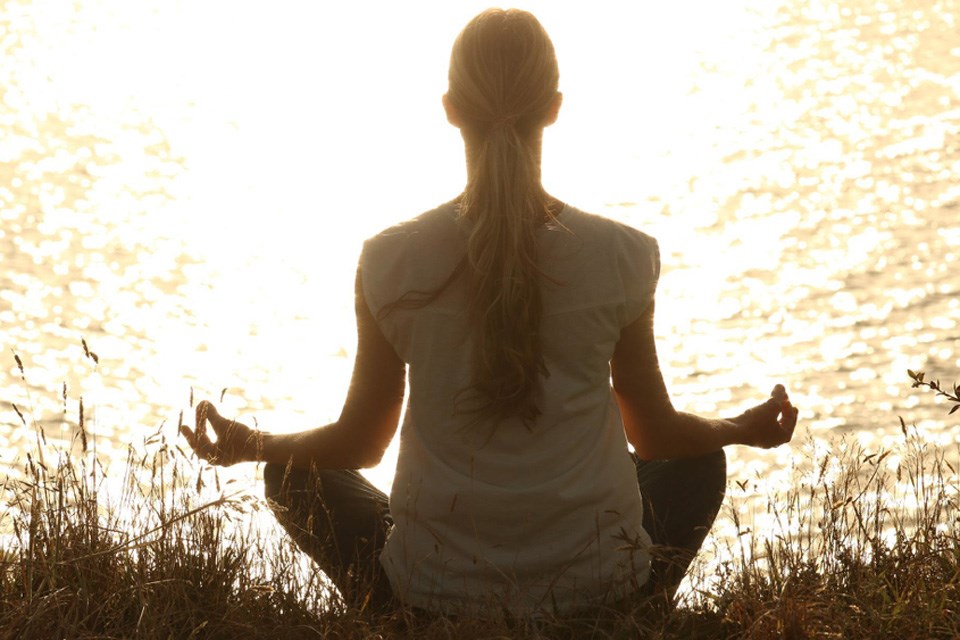Modern life brings with it all kinds of stresses. Finding balance between work, family, relationships and the many other demands on our time can be a difficult challenge. For many people around the world, meditation is in an essential part of a healthy lifestyle. In fact, regular meditation can help with a range of mental and physical health issues including stress, anxiety, depression, addiction, and even menopause symptoms.
The Many Types of Meditation
When we think of meditation, we often imagine someone sitting cross-legged on the floor and humming ‘ommmm’ repeatedly. This is one form of meditation, but there are a wide range of ways to meditate. Meditation can be anything that helps you to focus on the immediate moment, feel calm and clear your mind.
Some of the most popular types of meditation include:
- Mantra meditation: This is the ‘om’ style of meditation that most people think of first. A repetitive sound, word or phrase is used to provide focus.
- Spiritual meditation: Many religions utilize spiritual meditation. It is often in the form of prayer or other religious practices.
- Mindfulness meditation: This type of meditation encourages you to be aware of what is happening in your mind at the particular moment that you are meditating.
- Focused meditation: Use your five senses to help you focus on the present moment. In focused meditation practices, people may focus on their breathing, count beads between their fingers, listen to a gong, stare at a candle flame, or gaze at the moon.
- Progressive Relaxation or Body Scan: Progressive relaxation is commonly practiced through a guided meditation where each part of the body is purposefully relaxed.
- Moving meditation: This is practiced by repetitive movements that give you a deeper connection to your body. Walking, yoga, tai chi, playing a musical instrument, or even gardening can be forms of moving meditation.
- Transcendental meditation: Usually taught by certified teachers, this style of meditation uses a silent mantra to achieve a higher state of consciousness.
When choosing a style, focus on one that appeals to you and complements your personality. Of course, meditation is more about the clarity it creates than the practice itself.
Adding Meditation to Your Daily Routine
For most people, meditating gets easier if it is done as part of a routine. Regular practice not only makes focusing easier, but it also increases the health benefits of meditation. In the beginning, you may need to set reminders, but over time meditating will eventually become a habit that you look forward to. Start with short five minute meditation sessions and work up from there as you become more comfortable. Over time, it does become easier.
Beginners may find a free meditation app like Insight Timer useful. These apps give users free access to guided meditations, gong sounds, and timers to help you to stay on track with your practice.
Taking the first step towards a new healthy habit is always the hardest. In no time, you will begin to feel the health benefits and calm mind that comes with regular meditation practice.
 This story was made possible by our Community Partners Program. Thank you Didsbury Dental for helping to expand local news coverage in Alberta. Learn more.
This story was made possible by our Community Partners Program. Thank you Didsbury Dental for helping to expand local news coverage in Alberta. Learn more.


